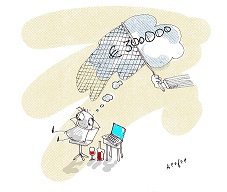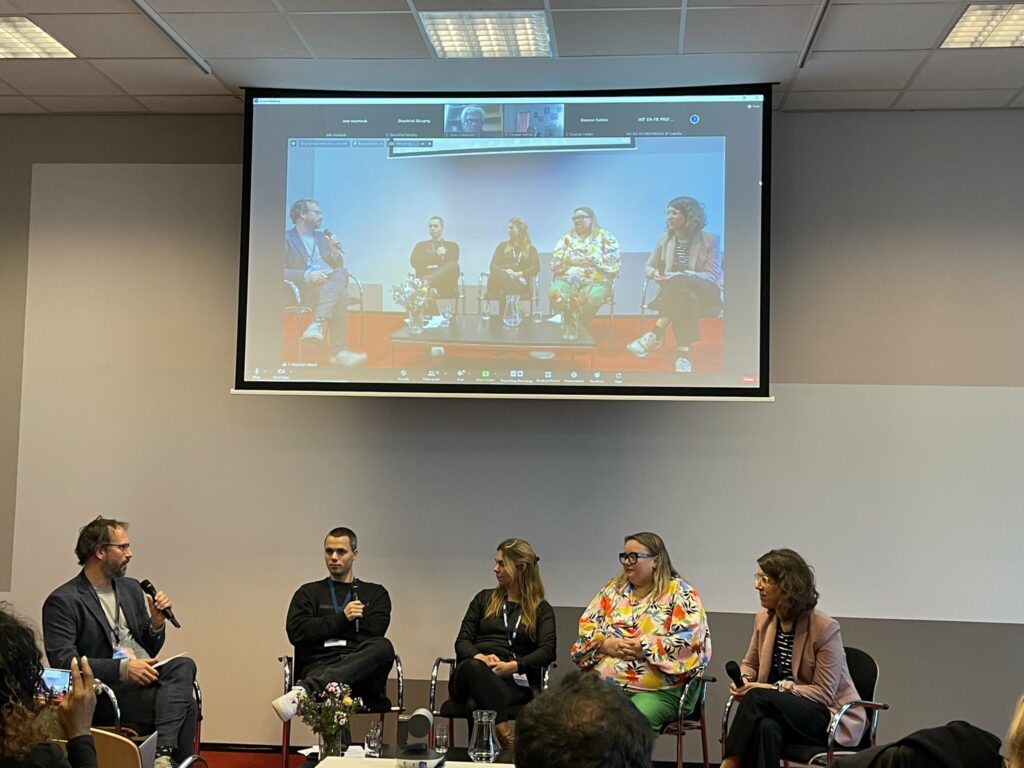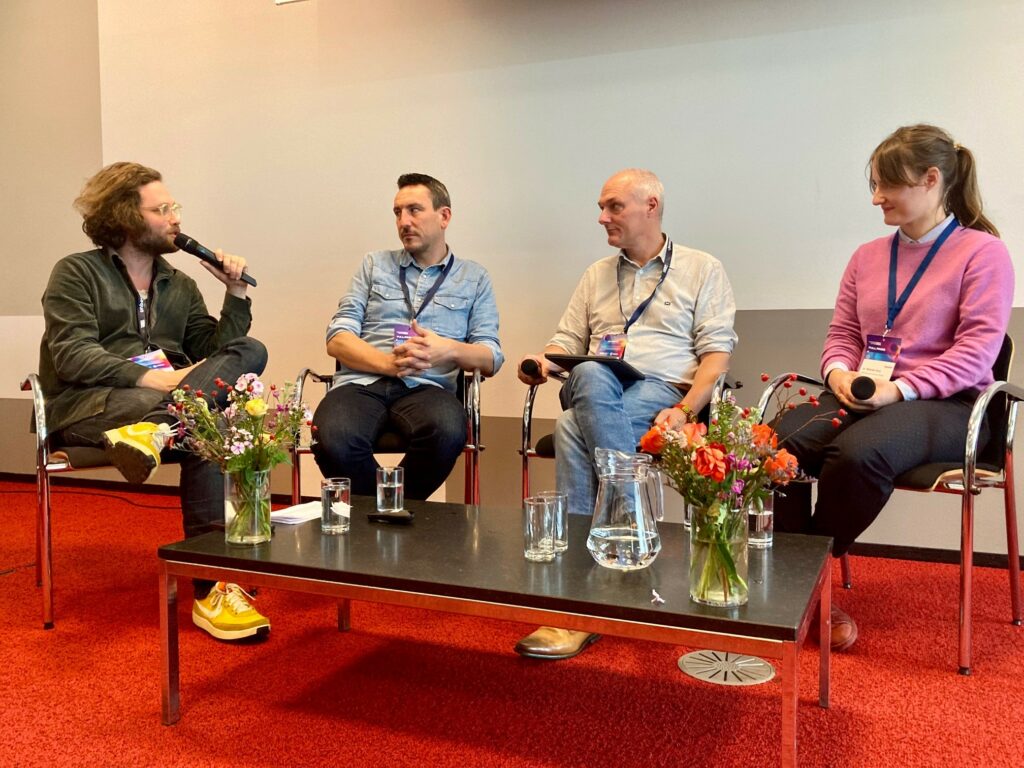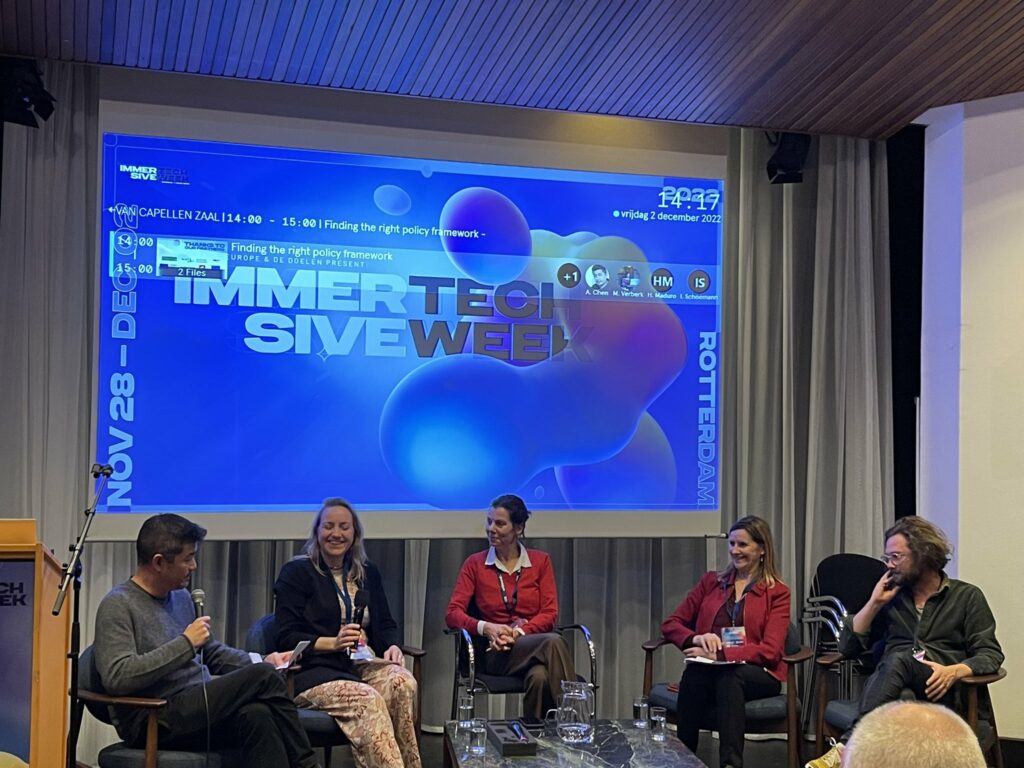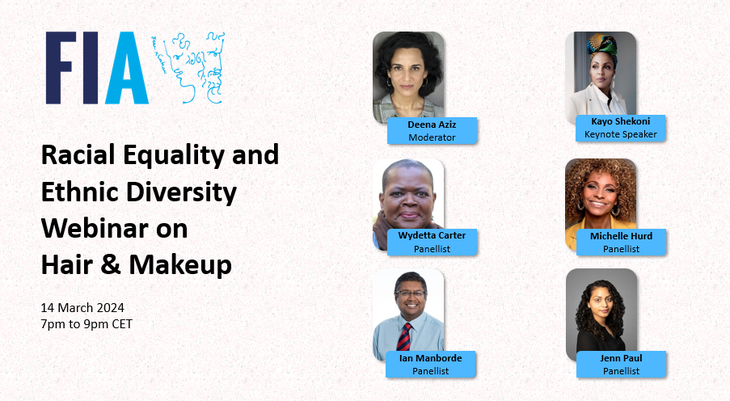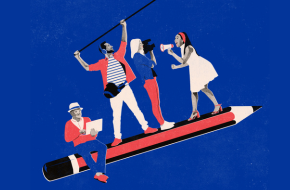FIA, FIM, UNI MEI and the EFJ, the European trade union federations in the Media Arts and Entertainment sector, are engaged in a shared project on the challenges posed by atypical work for the sectors’ professionals. This is a project funded by the European Commission as part of its support for workers’ organisations under the social dialogue. It is the third project in an ongoing series and this current project has included a new indepth focus on examining the opportunities and the challenging issues posed by digital business models, new forms of rights exploitations and sustainable digital work in the sector. In a rapidly changing environment, ensuring that creators can derive real value from work in the digital sphere is an ongoing and fast-moving challenge. In order to better understand the digital strategies developed by the different types of professionals in the sector and how these are changing their working lives, we have joined hands with Belgian legal consultancy and reflection organisation for the arts Twee-eiige drieling. The aim is to look at the challenges and opportunities encountered by performers and other media, arts & entertainment sector workers as they navigate the expanding digital and virtual landscape and to draw up some first findings and recommendations on the role their unions may play in supporting them.
On the 2nd of December 2022, the associated project event on this topic took place in Rotterdam within the wider framework of the European VR Days – Immersive Tech Week Trade Fair. The event aimed to offer a first insight into the findings of the research undertaken by consultancy TWIIID on behalf of the Federations; as well as develop a series of discussions with the sector’s workers to understand the impact of digital change. These conversations were organised in 3 panels.
In the opening session, TWIIID led the participants through their findings using ten ‘stories.’ These scenarios were chosen to illustrate different issues that have arisen in relation to digital work across different platforms. The stories explored issues such as the pressures of platform work and the impact of algorithms, NFTS and artificial intelligence. Looking at the commonalities, some of the shared challenges included economic dependency on big players, but without any real bargaining power; the need for flexibility and the ability to constantly adapt; lack of transparency and insecurity, as well as multiple job holding and reinvention of career models. The picture was a familiar one of precarity, but with many added layers of complexity.
The three panels that followed brought together different perspectives. The first explored the challenges faced by different professionals in their digital work, including podcasting, influencing, music production and distribution, as well as digital theatre. The second panel was a deeper dive into the support needed in the face of specific challenges facing workers, in particular contractual provisions and union protections that may be meaningful in this context. The final panel explored the wider policy context and the changes need in cultural policy, but also labour protections and the need for meaningful workers’ rights in the online context.
The planned report on digital models and decent work is being further developed on the back of the rich discussions that took place in Rotterdam and will be completed and published in the first half of 2023, before the project on atypical work draws to a close at the end of June of this year.
